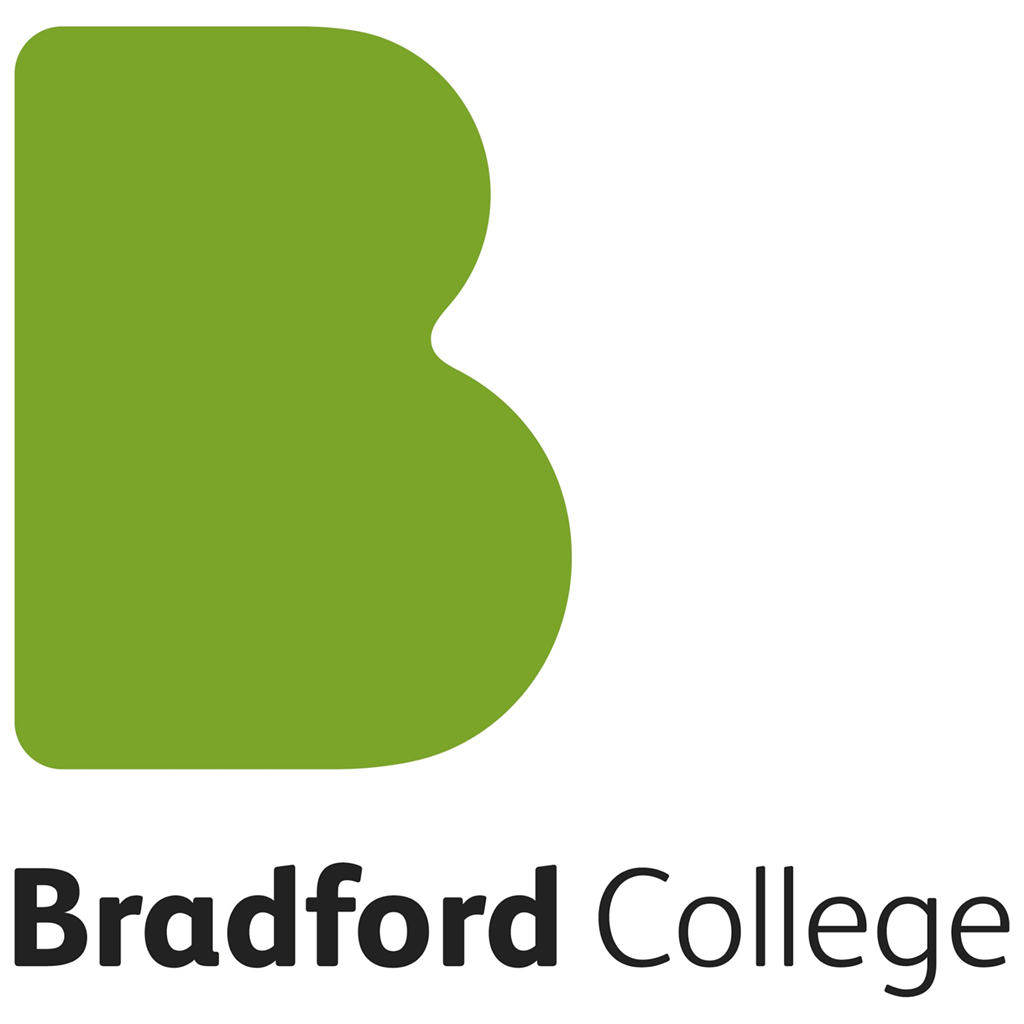Bradford College licenced Turnitin to initially provide an industry-leading check against plagiarism as part of their assessment and quality assurance processes, although many departments were so busy with their day-to-day operations that for a number of years, the use of Turnitin did not extend beyond the initial digital submission and originality-checking service.
As part of a move into new facilities, the College also started looking at ways to streamline its internal processes in order to ‘work smarter’, and so a challenge was set - how to improve and enhance assessment processes for the benefit of both staff and students?
The SolutionIt wasn’t until Clare Wolfenden, Senior Lecturer and Education Studies Course Leader at the College’s University Centre, began to model and demonstrate the use of Turnitin within her Department in conjunction with the proposed challenge to streamline processes that usage began to increase and greater benefits were realised:
“I started putting two and two together and thought, ‘we’ ve got this resource that we’re actually not using to its full capacity that would give the students their own individualised, personalised feedback that they could access, and would allow the tutors to give the feedback in a way that we could all see.”
Step by step, Clare trained staff and championed the use of Turnitin across the College, hosting individual training and group CPD sessions:
“Gradually each year we’ve done more and more”, explains Clare. “I think I’m lucky because my background is computer science, but I think one of the hardest things has been communicating to all my colleagues how to use Turnitin and the benefits of using it. Some colleagues felt that things were OK as they were or they were unsure about how to use the software.”
By effectively utilising the full Turnitin suite, students can not only submit online and receive a personalised originality report, but lecturers can now mark, grade and provide feedback on the students’ papers entirely online.
The ResultsThe results are clear for Bradford College: “All staff involved in training tomorrow’s school teachers now use Turnitin”, says Clare proudly. Use of Turnitin has spread quickly across the whole College with all top-up courses and all foundation degree courses now using the service.
All assignments are now submitted, marked and graded through Turnitin, so records are easily accessible and transparent. All the marks are exported so the College can analyse the data and integrate them into their own metrics.
As Turnitin is now accessed through the College’s Moodle platform, feedback is easily accessible for students who say that it is much better because they can access their personalised feedback from anywhere at any time. If they don’t understand any aspect of the feedback, they can email the lecturer straight away, allowing them to take control of their feedback proactively and be much more specific by pointing to the sentences and issues that don’ t make sense.
Clare says:
“Students really like the fact that they can easily engage with the feedback. They are also very positive about the speed with which their work is returned because it’s all online, rather than waiting for it to be written and posted; they have also commented on the depth of feedback offered within the actual text of their work”.
Clare’s initiative has clearly benefited the learning experience across College as a whole, for both staff and students, and her outstanding achievement is admirable.
![[clare_wolfenden_200x200:MEDIASTORE_LEAF]@1e629e78](../assets/images/resources/image-block-images/clare-wolfenden-200x200.png)
It’s been a lot of hard work… but I’ve really enjoyed being able to make a difference.
Bradford College
Bradford, UK



